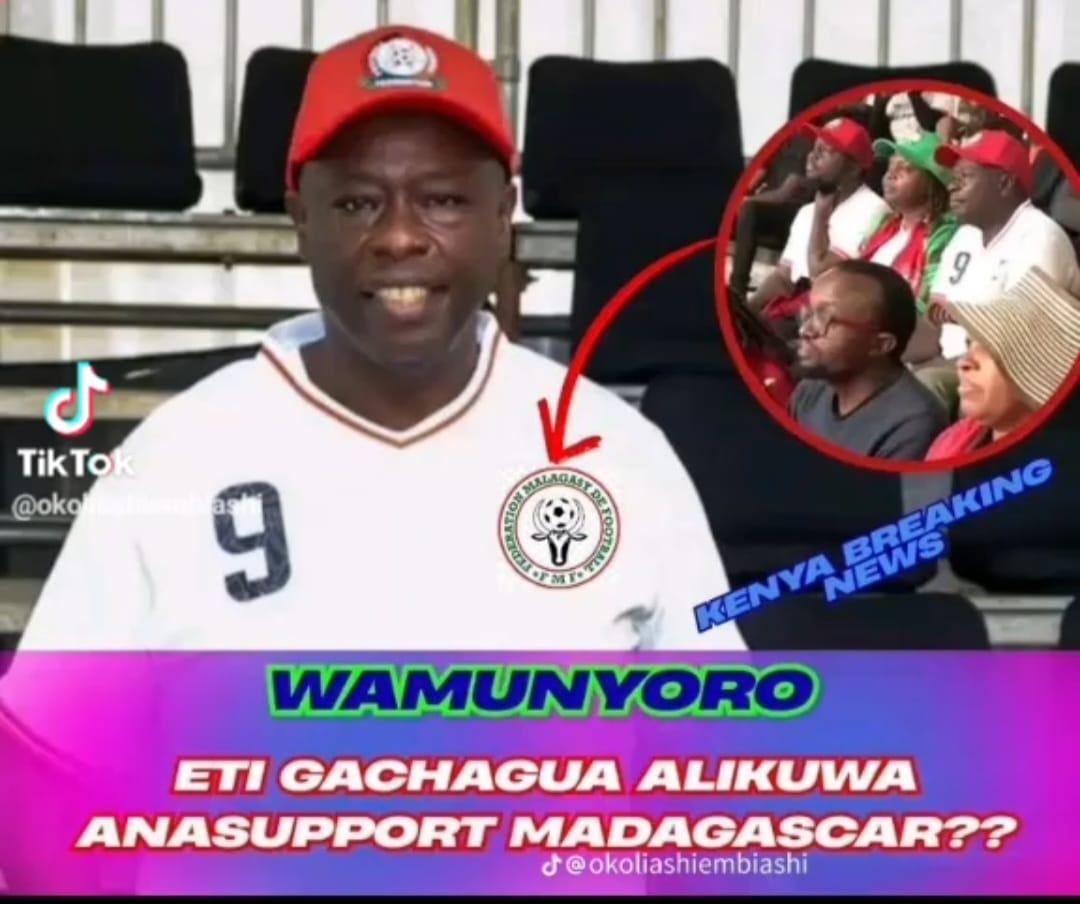Sponsored Advertisements
Nigeria Meets Brazil: How NGX Wants to Unlock a New Era of Investment Flows
Leave a Reply
New Discussions
-
The Smile Project: A teenager started smiling at strangers every day—years later, one woman told him it stopped her from ending her life.

Ronald
1 hr ago00 -
The Refugee Writer: A young refugee wrote poems about her journey; one was published and changed her life forever.

Ronald
1 hr ago00 -
The Blind Photographer: A man lost his sight but continued photography using sound cues and memory—his photos are now in galleries.

Ronald
1 hr ago00 -
The One-Legged Dancer: After losing a leg, a ballerina learned to dance again—with a prosthetic—and inspired millions online.

Ronald
1 hr ago00 -
The Silent Rescue: A dog pulled his owner out of a fire, saving his life—when asked why he risked it, the owner said, “He would’ve done the same.”

Ronald
1 hr ago00













Foxnews
61 days agoNigeria Meets Brazil: How NGX Wants to Unlock a New Era of Investment Flows
30th August 2025 | By Francis Obinna Eyisi
When President Bola Ahmed Tinubu touched down in Brazil with his ministers and business leaders, it wasn’t just another state visit. It was a bold pitch: Africa’s largest economy knocking on Latin America’s biggest market.
And right at the center of this historic handshake? The Nigerian Exchange Group (NGX).
Its CEO, Temi Popoola, used the moment to make a simple but powerful point: capital markets aren’t just for the big corporations anymore—SMEs are the new frontier.
Why This Matters: From Big Corporates to Everyday Businesses
For decades, stock exchanges felt like exclusive clubs for giants—banks, telcos, oil firms. But times are changing.
NGX has doubled its market cap in 18 months, hitting nearly $90 billion.
It now covers equities, bonds, derivatives, and alternative assets.
More importantly, it’s building bridges for small and medium-sized enterprises (SMEs) to raise funds and scale faster.
Think about it: the tailor in Aba, the fintech in Yaba, the agro-processor in Kaduna—NGX wants them on the same growth track as Dangote or MTN.
New Doors for SMEs
To make this real, NGX has rolled out:
A Growth Board with lower entry barriers for smaller businesses.
Partnerships with the Bank of Industry (BOI) to channel funding.
Alternative finance options like crowdfunding, private markets, and receivables financing.
Translation? More Nigerian entrepreneurs can now attract the kind of capital that once felt out of reach.
Cross-Border Capital Flows: Brazil Meets Nigeria
Here’s the kicker: it’s not just local.
Popoola made it clear—Nigeria is now easy to invest in.
Digital platforms are live.
Intermediaries are trusted.
Capital moves freely.
Investors who already see Brazil as a rising market now view Nigeria as the next bold bet. And with MoUs signed—including one linking Nigeria’s Bank of Agriculture with Brazil’s BNDES—expect more money flowing into agriculture and SME-driven projects.
Beyond Oil: Towards Real Integration
NGX is also looking beyond borders.
It’s backing the African Exchanges Linkage Project.
It has invested in the Ethiopia Stock Exchange.
And it’s aligning with AfCFTA to make African markets more connected.
This is not just Nigeria selling oil anymore. It’s Nigeria positioning as a gateway for African capital.
Why This Is a Big Deal for You
This isn’t just policy-speak. It’s practical:
For entrepreneurs → new ways to raise funding.
For investors → access to frontier opportunities.
For Nigerians at large → jobs, innovation, and stronger economic resilience.
President Tinubu’s Brazil visit isn’t just about photo ops—it’s about planting seeds for new capital inflows, deeper trade, and a wider playing field where small businesses can thrive alongside the giants.
Final Word
Capital markets are no longer a playground for the few. NGX is flipping the script—making sure Nigeria’s small businesses don’t just survive but scale.
And as Nigeria deepens ties with Brazil, the big question for readers is this:
If new capital suddenly opened for your idea or business today, would you be ready to seize it?